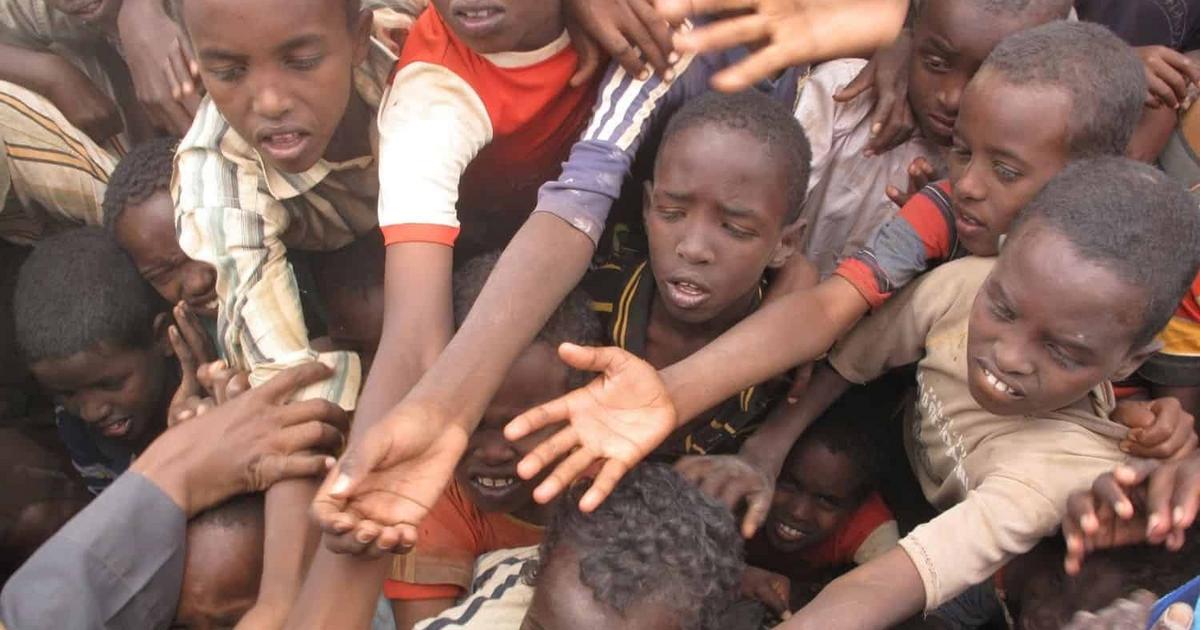
While almsgiving has become a part of the overall human experience, not everyone can say they know firsthand or even understand its appeal. There are regions in the world where a sizable portion of the general adult population doesn’t indulge in helping people they don’t know. Some African countries fall into this category.
There are several reasons why people tend to be generous, including having an abundance of resources, religion or just social norms.
There are regions in the world where people tend to help each other because such acts have become ingrained in their socio-economic psyche. However, some regions are the direct opposite as they believe in letting people be responsible for their own fate.
According to the World Giving Index, by the Charity Aid Foundation (CAF), 4.2 billion people gave money, time, or helped someone they didn’t know in 2022. This number represented 72% of the world’s adult population. However, that leaves 28% of people who did not help anyone either by volunteering their time or money.
As mentioned earlier, people who subscribe to a religious belief tend to be more generous.
“People who say that religion is an important part of their daily lives have a higher overall giving index than those who say it is not important,” CAF’s report reads.
“The biggest gap is found in Sub-Saharan Africa (41 vs. 35), while in Europe there is no difference between the groups’ giving index scores (each 38),” it adds.
With that said, here are the 10 African countries with the least amount of generous people.
Top 10 African countries with the lowest number of generous people
| Rank | Country | Helped a stranger (% of adults) |
|---|---|---|
|
1. |
Tanzania |
46% |
|
2. |
Mauritius |
48% |
|
3. |
Benin |
50% |
|
4. |
Algeria |
53% |
|
5. |
Madagascar |
53% |
|
6. |
Mozambique |
53% |
|
7. |
Tunisia |
57% |
|
8. |
Comoros |
58% |
|
9. |
Mali |
59% |
|
10. |
Togo |
59% |

















